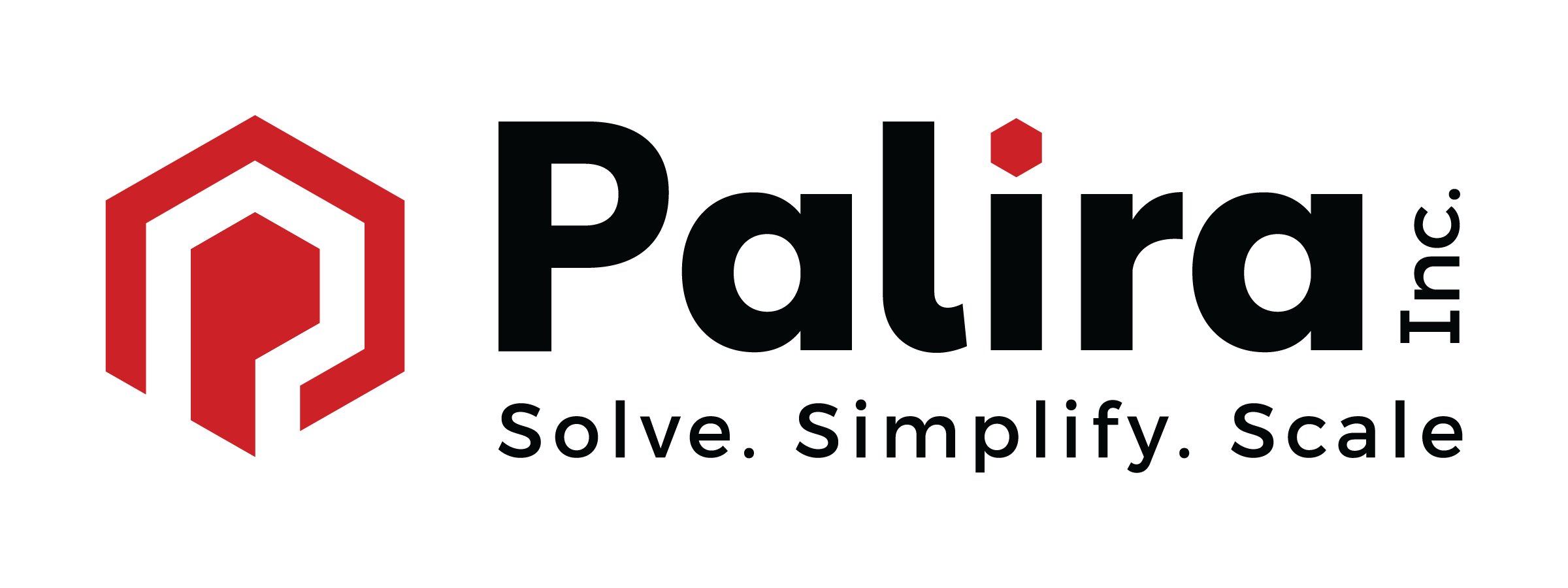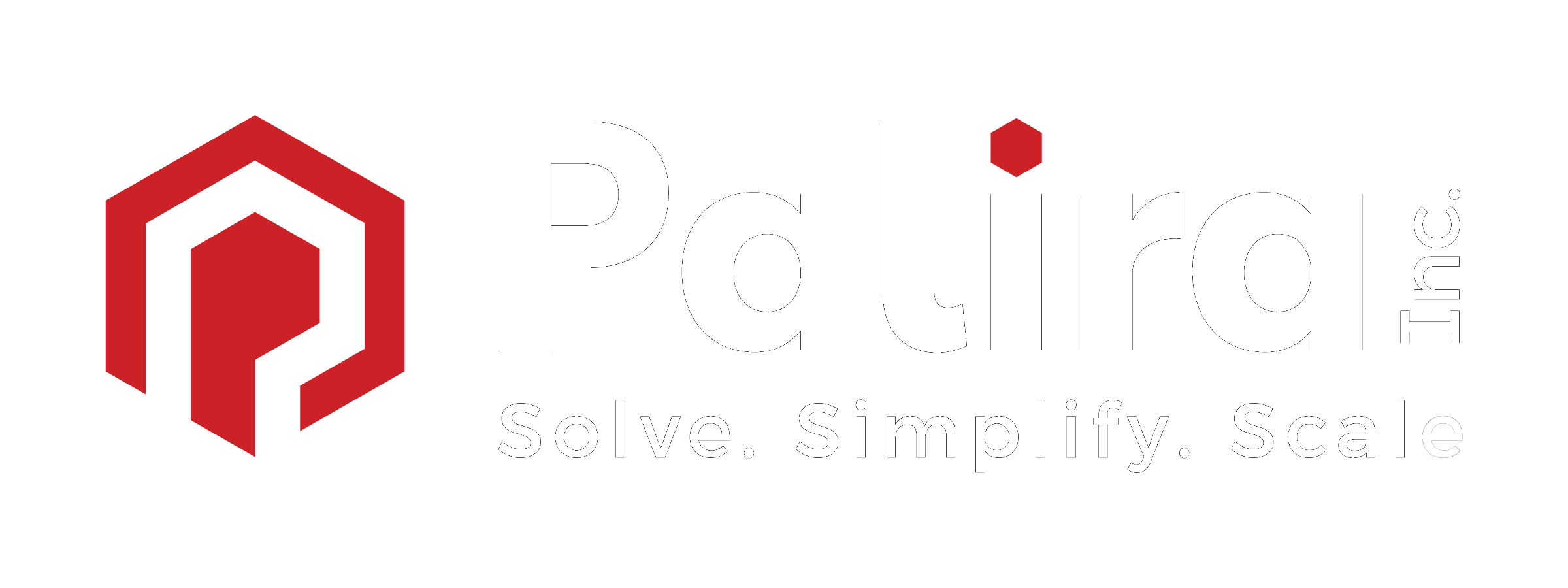
The Rise of AI & Analytics in Business Strategy
In today’s data-driven world, businesses that leverage AI and analytics gain a significant competitive advantage. Knowledge Analytics Captive Centers (KACCs) serve as the Nerve Center for companies looking to harness data for smarter decision-making, driving operational efficiency that directly impacts productivity and, in turn, revenue growth.
Having a dedicated AI and analytics knowledge center is no longer optional—it’s a necessity. Organizations across industries, from finance to healthcare to retail, are investing in in-house analytics teams to extract meaningful insights, automate processes, and drive intelligent business decisions.
Why an AI & Analytics Knowledge Center is Crucial for Companies
- Data-Driven Decision Making
With rapidly growing data volumes, businesses need real-time insights to stay ahead of the competition. An analytics knowledge center ensures structured data processing, enabling strategic decisions with precision. - Operational Efficiency and Cost Reduction
AI-driven analytics centers help automate repetitive processes, optimize resource allocation, and cut operational costs. Predictive analytics can anticipate risks and improve overall efficiency. - Competitive Edge Through AI
Companies with in-house AI capabilities can innovate faster, develop customized solutions, and gain a technological advantage over competitors. - Enhanced Customer Experience
AI-driven services such as personalized recommendations, sentiment analysis, and intelligent support solutions enhance customer experience, enabling businesses to deliver superior interactions and engagement - Scalability and Future-Proofing
Investing in analytics ensures businesses remain adaptable and future-ready, scaling capabilities as technology evolves.
But where should you establish your analytics hub? Increasingly, the answer is clear: India.
Why India? Key Drivers of the Shift
- Unparalleled Talent Pool
India produces over 1.5 million engineers annually, with a significant portion specializing in data science, AI, and analytics. The country’s deep talent reservoir ensures easy and seamless access to a skilled workforce at scale. - Cost Efficiency Without Compromising Quality
Companies can reduce operating costs by 40-60% while maintaining high-quality output. Lower salaries, reduced infrastructure expenses, and favorable tax policies make India is one of the best and most cost-effective choice. - Government Initiatives and Policy Support
Indian government actively promotes AI and analytics through policies like the National AI Strategy and tax benefits for tech-driven enterprises. - Thriving Digital Ecosystem
With major global firms like Google, Microsoft, and Goldman Sachs setting up advanced AI and analytics centers in India, the ecosystem fosters collaboration, knowledge-sharing, and innovation. - Time Zone Advantage & Global Connectivity
India’s strategic time zone allows businesses to provide round-the-clock analytics support to global clients, enhancing productivity and agility.
Key Trends in Knowledge Analytics Captive Centers
- AI Led Decision Making: Companies are investing heavily in AI-driven predictive analytics to enhance business decision-making.
- Hybrid & Remote Work Models: Many KACCs are implementing flexible work policies, allowing access to top talent beyond metro cities.
- Upskilling and Reskilling Initiatives: Organizations are focusing on continuous learning programs to keep their analytics teams future-ready.
- Integration of Generative AI: Captive centers are leveraging generative AI to automate data processing, text analytics, and customer insights.
How to Build a Successful Knowledge Analytics Captive Center in India
- Define Clear Business Objectives
Start by identifying the primary goals of your captive center—be it advanced analytics, AI research, or data engineering. Align objectives that align with you long-term business strategy. - Select the Right Location
Consider tech hubs like Bengaluru, Hyderabad, Pune, and Chennai for high talent availability, or emerging cities like Coimbatore and Ahmedabad for cost advantages. - Hire and Retain Top Talent
Invest in hiring experienced data scientists, analysts, and AI specialists. Build strong employer branding and offer career growth opportunities to retain talent. - Leverage India’s Innovation Ecosystem
Collaborate with premier institutes like IITs, IIMs, IIITs and ISBs for research partnerships and fresh talent acquisition. - Implement Scalable Infrastructure
Utilize cloud-based solutions and AI-driven automation tools to scale operations seamlessly. - Ensure Compliance & Data Security
Adhere to global data protection regulations (such as GDPR and India’s DPDP Act) to maintain data security and regulatory compliance.
India’s rise as a global knowledge analytics hub is no coincidence. With its unbeatable talent pool, cost advantages, and thriving digital ecosystem, it is the ideal location for setting up a Knowledge Analytics Captive Center.
In an era where AI-driven insights dictate market leadership, having a dedicated analytics hub is a business imperative. A well-structured captive center enhances decision intelligence, accelerates innovation, and drives measurable business impact. By following a strategic approach—defining clear objectives, hiring top-tier talent, leveraging innovation networks, and ensuring compliance—companies can unlock transformative value from their captive centers in India.
Now is the perfect time to capitalize on this shift and build a world-class analytics hub in India. Are you ready?

